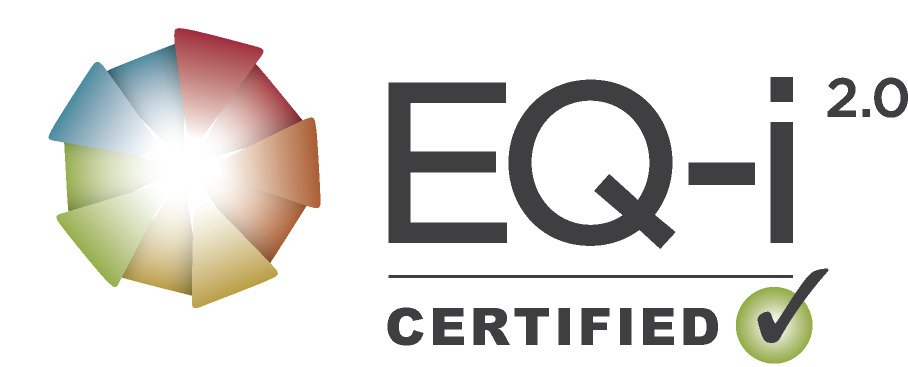What is EI?
As the EQ-i 2.0 measures emotional intelligence (EI), it’s important to consider what EI is, what it measures, and how it can impact people and the workplace.
Defining EI
Emotional intelligence is defined as:
“a set of emotional and social skills that influence the way we perceive and express ourselves, develop and maintain social relationships, cope with challenges, and use emotional information in an effective and meaningful way.”
Emotional intelligence (EI) as defined here and applied in the Emotional Quotient Inventory (EQ-i 2.0) reflects one’s overall well-being and ability to succeed in life.
Why is EI important?
While emotional intelligence isn’t the sole predictor of human performance and development potential, it is proven to be a key indicator in these areas. Emotional intelligence is also not a static factor — on the contrary, one’s emotional intelligence can change over time and can be developed in targeted areas.
Employee Development
The EQ-i 2.0 measures the interaction between a person and the environment he/she operates in. Assessing and evaluating an individual’s emotional intelligence can help establish the need for targeted development programs and measures. This, in turn, can lead to dramatic increases in the person’s performance, interaction with others, and leadership potential. The development potentials the EQ-i 2.0 identifies, along with the targeted strategies it provides, makes it a highly effective employee development tool.
Recruitment and Retention
The EQ-i 2.0 is versatile in workplace environments and can be used by employers — via HR and OD consultants, psychologists, or EQ-i 2.0 certified professionals — as a screening tool in hiring, leading to the selection of emotionally intelligent, emotionally healthy, and the most likely successful employees.
Supplemented by other sources of information, such as interviews, the EQ-i 2.0 can make the recruitment and selection process more reliable and efficient. A sound recruiting process leads to higher retention rates and reduced turnover which can result in significant cost savings, improved employee effectiveness, and increased morale.
EQ-i 360
When working in an organization, it’s important to be cognizant of the impact of one’s actions on colleagues. The EQ 360 report offers an in-depth analysis by having those that work with an individual and know them personally provide feedback in addition to their self-assessment to provide a 360-degree view of his or her effectiveness and EQ competencies. This report can be used for results specific to a workplace context, enabling career and organizational development. It identifies blind spots, strengths, and developmental opportunities in the workplace. The Workplace 360 report lends itself well to a follow-up with the same group of evaluators to compare results and track progress.



